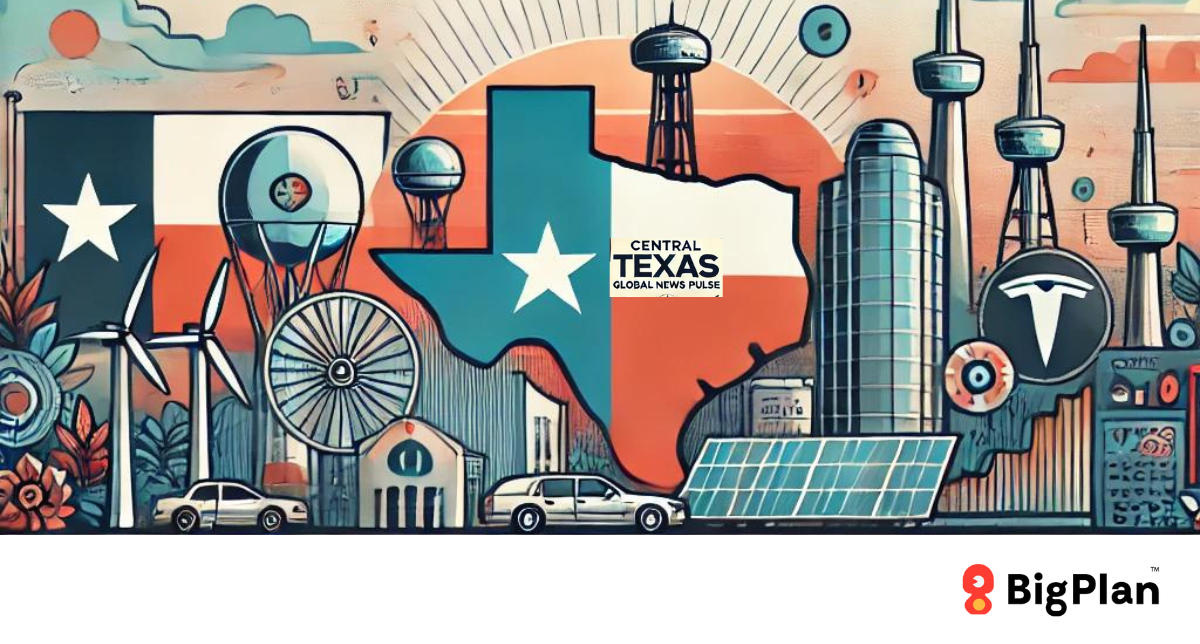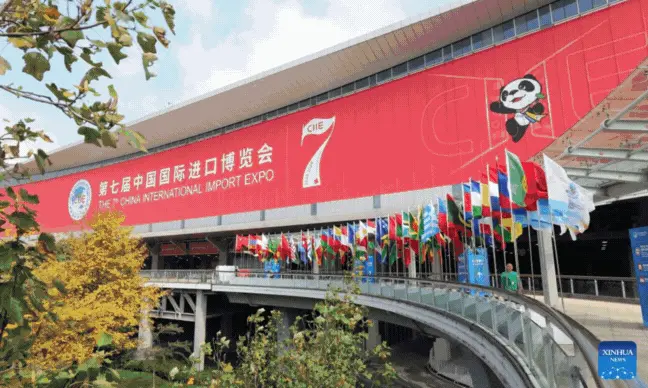
Central Texas Global Business Pulse
Big Plan at China International Import Expo



Certified WBE, MBE & HUB.
Certified by:
© 2024 Big Plan. All rights reserved.
Stay informed weekly. Subscribe to Central Texas Global Business Pulse.
